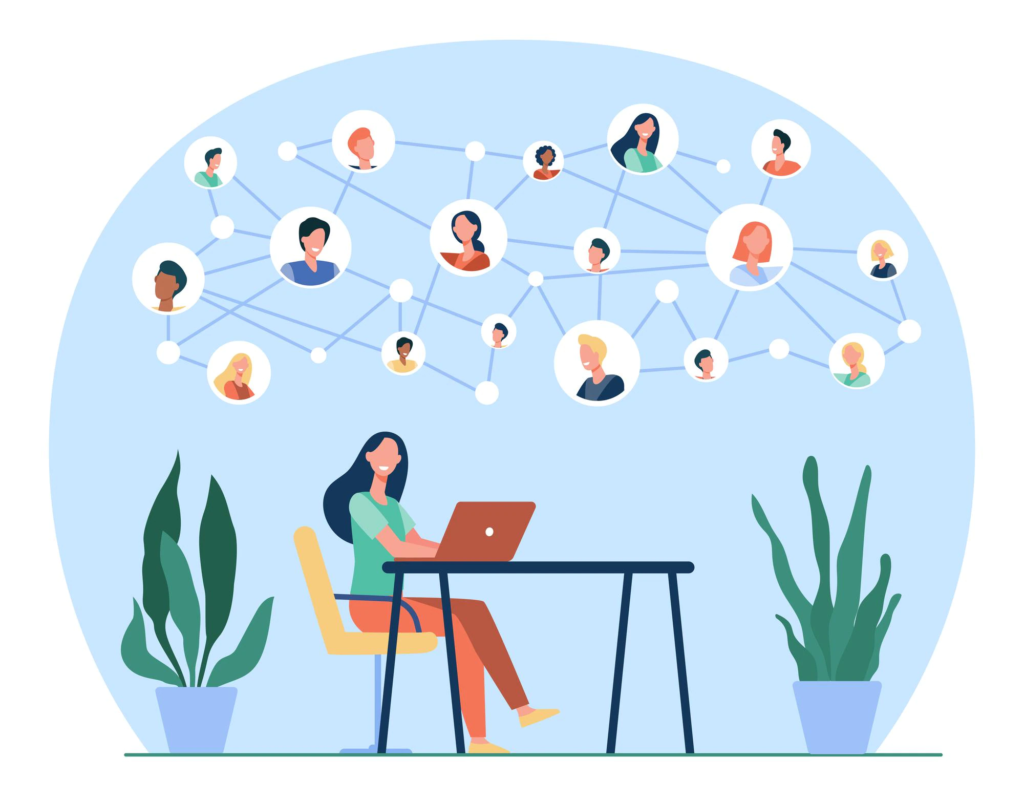The POLITE Network
Thinking of alternatives to social networks. The core of the idea is to allow people to share images, video, text, and sound. They should also be able to share links to content that they host or hold onto themselves. The network would be a bit like the original concept of the internet except that web pages are replaced by personal streams of content. In many cases, the first web pages were essentially that. They were HTML pages that simply held links to the author’s personal writings, papers, images and other items that they wanted to share. Over time this evolved into what we have today. Now making these pages wasn’t for everyone. In many cases, students had access to a bit of storage and an account that they could use to create pages. Later systems like Blogger made this process a bit more accessible. Services like Blogger accepted your files and held them. You handed over your content in exchange for an email address.
The new POLITE network would encourage this personal sharing of content, but would help you negotiate the storage and sharing options. You could host your own content, maybe even accept the content of others. You could exchange or barter your bandwidth or hard drive space in exchange for someone else’s curatorial or link sharing services. Ultimately breaking down the internet into an almost molecular way by creating chains of exchange. A broken up block chain, but by design – where these groups of content and services create a DNA or bundle of content. Yes, the existing internet could also look like this depending on the perspective you take. This may just be a shifting of who holds/stores the content, who manages the card catalog of addresses to content, who delivers that content, and who creates/consumes the content.

Decentralized Blogger?
I have tried at least one of the decentralized facebook or twitter … services. They have a passible start, but not enough posting or content to make them compelling. Maybe things have changed in the last five years. They are also pretty darn slow. When you open up the app, it takes a while to gather content from all the relevant servers holding it. That does seem to be the problem with a decentralized system of relatively large files.
Network?
Ooh. I just read about this in Engadget. Here is an article by MIT about it. Just thinking about a network that adapts to the inputs on it. Yes, the article is about something completely different. Really thinking about the system as it relates to curating content, distributing content, retrieving content, and managing that in a way that isn’t putting pressure on the user.
ActivityPub
Does ActivityPub fit the bill?
Comments are closed.